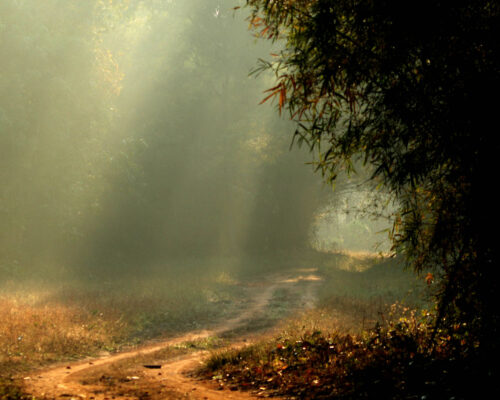Kabini is a small town located in the state of Karnataka, India. The town is famous for its wildlife and natural beauty, and it has emerged as a significant contributor to the state’s tourism industry. Over the years, Kabini has become a popular destination for nature lovers, adventure enthusiasts, and wildlife enthusiasts, attracting thousands of tourists every year.
One of the key reasons for Kabini’s success as a tourism destination is its rich biodiversity. Kabini is home to the Kabini Wildlife Sanctuary, which spans an area of over 55,000 hectares and is known for its diverse flora and fauna. The sanctuary is home to several endangered species, including tigers, leopards, elephants, and Indian bison. Tourists can experience the thrill of a safari in the sanctuary and explore the wildlife up close.

Another reason for Kabini’s popularity is its location. The town is situated on the banks of the Kabini River, which provides a stunning backdrop for visitors. The river is also a popular spot for water activities like rafting and kayaking, providing an exciting experience for adventure enthusiasts.
Kabini has also become a hub for eco-tourism in Karnataka. The Red Earth Resort in Kabini offers a range of activities like nature walks, bird watching, and stargazing, providing a unique and immersive experience for tourists.

The tourism industry in Karnataka has benefited greatly from Kabini’s growth as a destination. The state has seen a significant increase in the number of tourists over the years, with Kabini being a major contributor to this growth. The tourism industry has also provided a significant boost to the local economy, creating jobs and opportunities for the local population.
The Kabini Dam is a major attraction for tourists visiting the town. The dam was built on the Kabini River in the 1970s and is a major source of hydroelectric power in the region. The dam also provides a stunning backdrop for visitors, with the surrounding hills and forests offering breathtaking views.
However, the success of Kabini as a tourism destination has also brought challenges. The increasing number of tourists has put pressure on the local environment and wildlife, and there have been concerns about sustainable tourism practices. The government and local authorities have taken steps to address these issues, with initiatives like eco-tourism and wildlife conservation programs.
In conclusion, Kabini’s role in Karnataka’s tourism industry has been significant, with the town emerging as a popular destination for nature lovers, adventure enthusiasts, wildlife enthusiasts, and cultural tourists. Kabini’s success as a tourism destination has also highlighted the importance of sustainable tourism practices and the need to balance tourism growth with the protection of the environment and wildlife. The promotion of cultural tourism in Kabini has also contributed to the growth of the state’s tourism industry, while the development of local infrastructure has benefited the local community. As the tourism industry in Kabini continues to grow, it is important to address the challenges and work towards sustainable and responsible tourism practices to ensure the protection of the environment, wildlife, and local culture for future generations.



